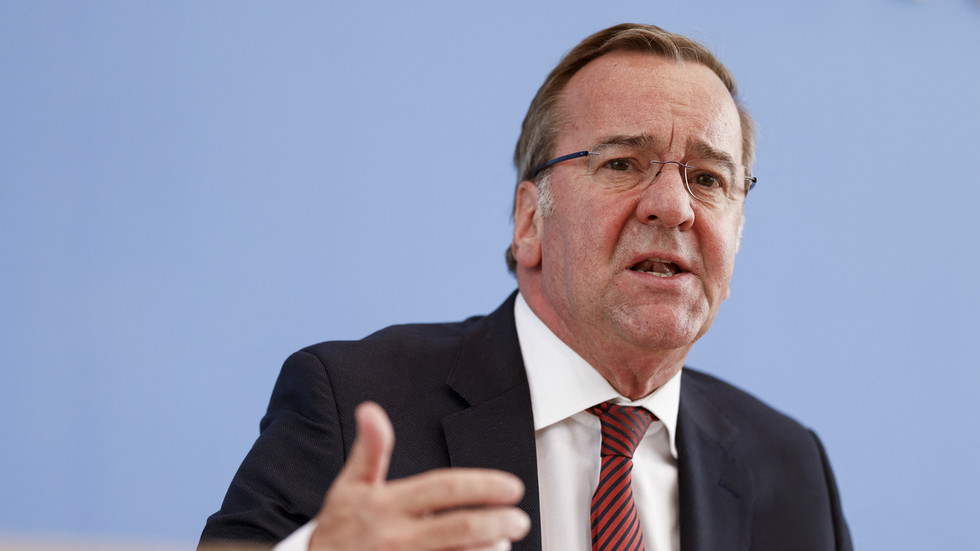German Defense Minister Boris Pistorius Disappointed with 2025 Budget Allocation
In an announcement that underscores the financial pressures and strategic recalibrations Germany faces amidst heightened international tensions, Defense Minister Boris Pistorius revealed his dissatisfaction with the recent budget allocation for his ministry. Pistorius, a key figure in Germany’s defense planning, expressed frustration that his ministry will receive €5 billion ($5.4 billion) less than he had requested for the fiscal year 2025.
Budget Constraints Amid Strategic Commitments
According to the proposed budget communicated by leaders from Germany’s ruling ‘traffic light’ coalition—which includes the Social Democratic Party (SPD), the Free Democratic Party (FDP), and the Greens— the defense ministry is slated to receive €53 billion ($57.5 billion) next year. This falls short of the €58 billion ($62.9 billion) that Pistorius deemed necessary to meet the current security demands.
Expressing his discontent, Pistorius told Deutsche Welle, “Yes, I got significantly less than I registered for. That is annoying for me because I cannot initiate certain things at the speed that the historic turning point and threatening situation require.” His remarks reference the “Zeitenwende” (historic turning point) announced by German Chancellor Olaf Scholz in response to the conflict between Russia and Ukraine, which erupted in February 2022.
Zeitenwende and Military Readiness
The Zeitenwende represents a dramatic shift in Germany’s defense posture, marked by a special €100-billion ($108.4 billion) fund aimed at bolstering the combat readiness of the Bundeswehr, Germany’s armed forces. This initiative emerged from ongoing concerns about hardware shortages, insufficient ammunition, and general deficits in military supplies.
Despite these domestic challenges, Germany has positioned itself as a crucial ally for Ukraine, especially within Europe. Berlin has pledged around €28 billion ($30.3 billion) in current and future military assistance to Kiev. Notably, this military aid includes advanced equipment such as Leopard 2 tanks, Marder infantry fighting vehicles, and US-made Patriot air defense systems.
Strategic Outlook and Future Projections
Reflecting on the budget constraints, Pistorius indicated openness to adjusting plans and making the best of the situation. He emphasized Germany’s significant role as the largest economy in the European Union and a principal NATO ally, stating, “With Germany being the largest economy in the EU and biggest NATO ally in Europe, the government in Berlin has a special responsibility to assume, and we are doing so.”
Despite the immediate setback, Pistorius highlighted a growth trajectory for the defense budget, projecting it to reach about €80 billion ($86.7 billion) by 2028—“more than ever before in Germany’s history.” This budgetary expansion is seen as critical to maintaining and enhancing Germany’s defense capabilities in an increasingly volatile geopolitical landscape.
In a February interview with Bloomberg, Pistorius underscored the urgency of re-arming, citing concerns over potential Russian aggression against NATO within the next five to eight years. These statements align with broader strategic discourses, although they are contested by Russian authorities. Russian President Vladimir Putin recently dismissed such claims as deceptive tactics used by Western politicians to rationalize increased military expenditures and bolster support for Ukraine.
Moving Forward
As discussions and adjustments continue in Berlin, the evolving budgetary allocations and strategic priorities will be closely watched. The decisions made today will significantly influence Germany’s future role within NATO and its capacity to respond to both European and global security challenges.
For more on this topic, visit Deutsche Welle.
